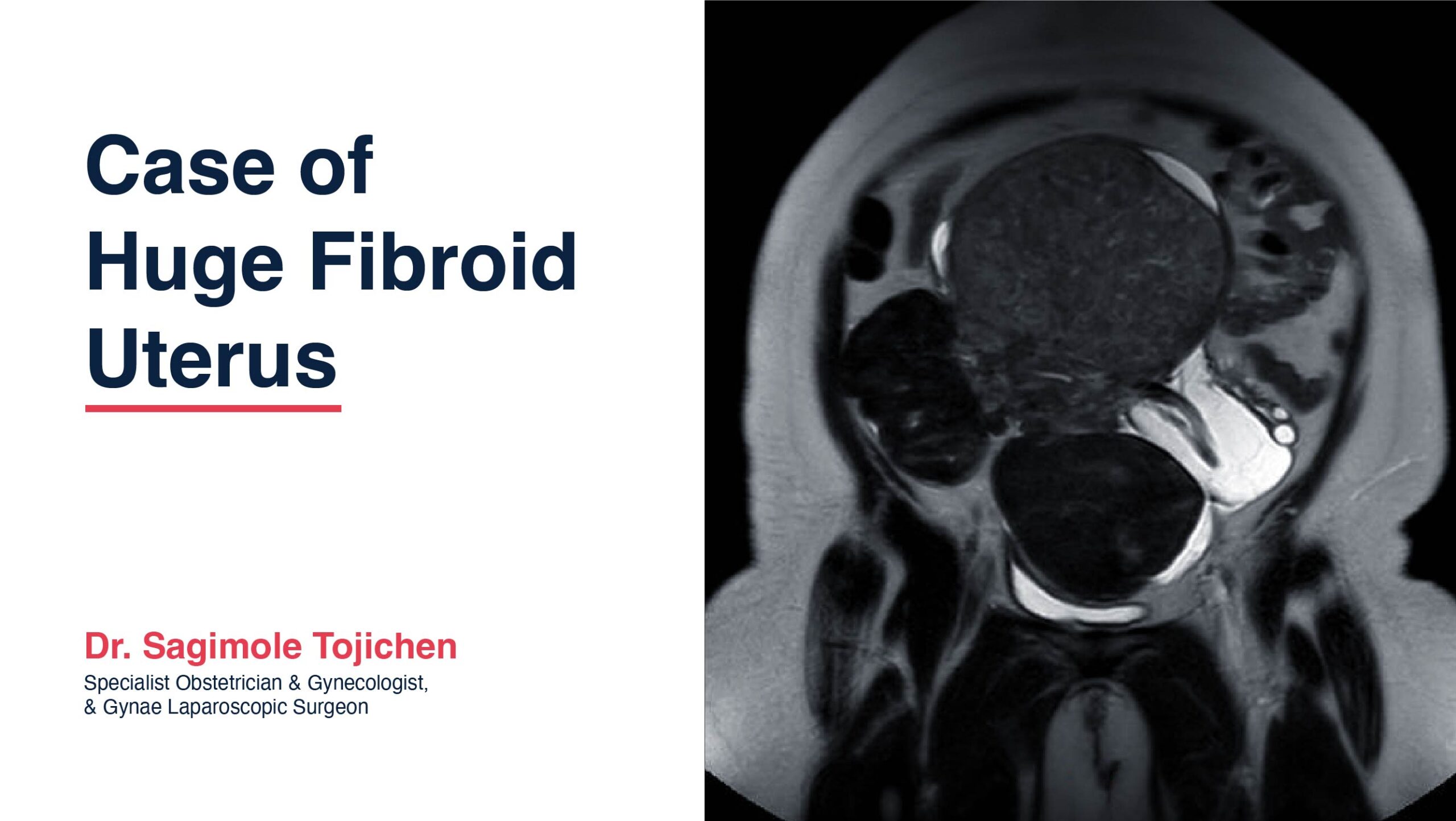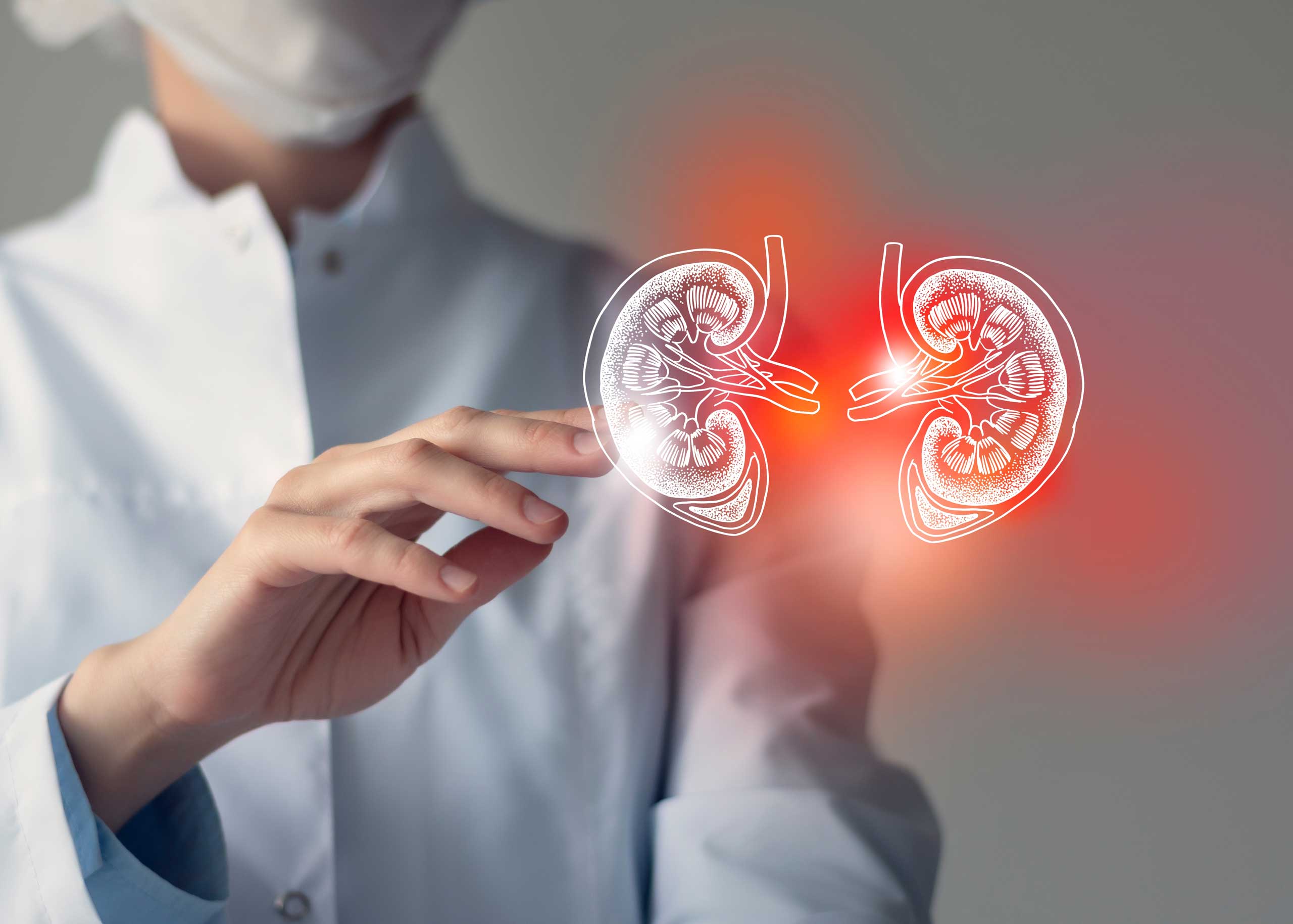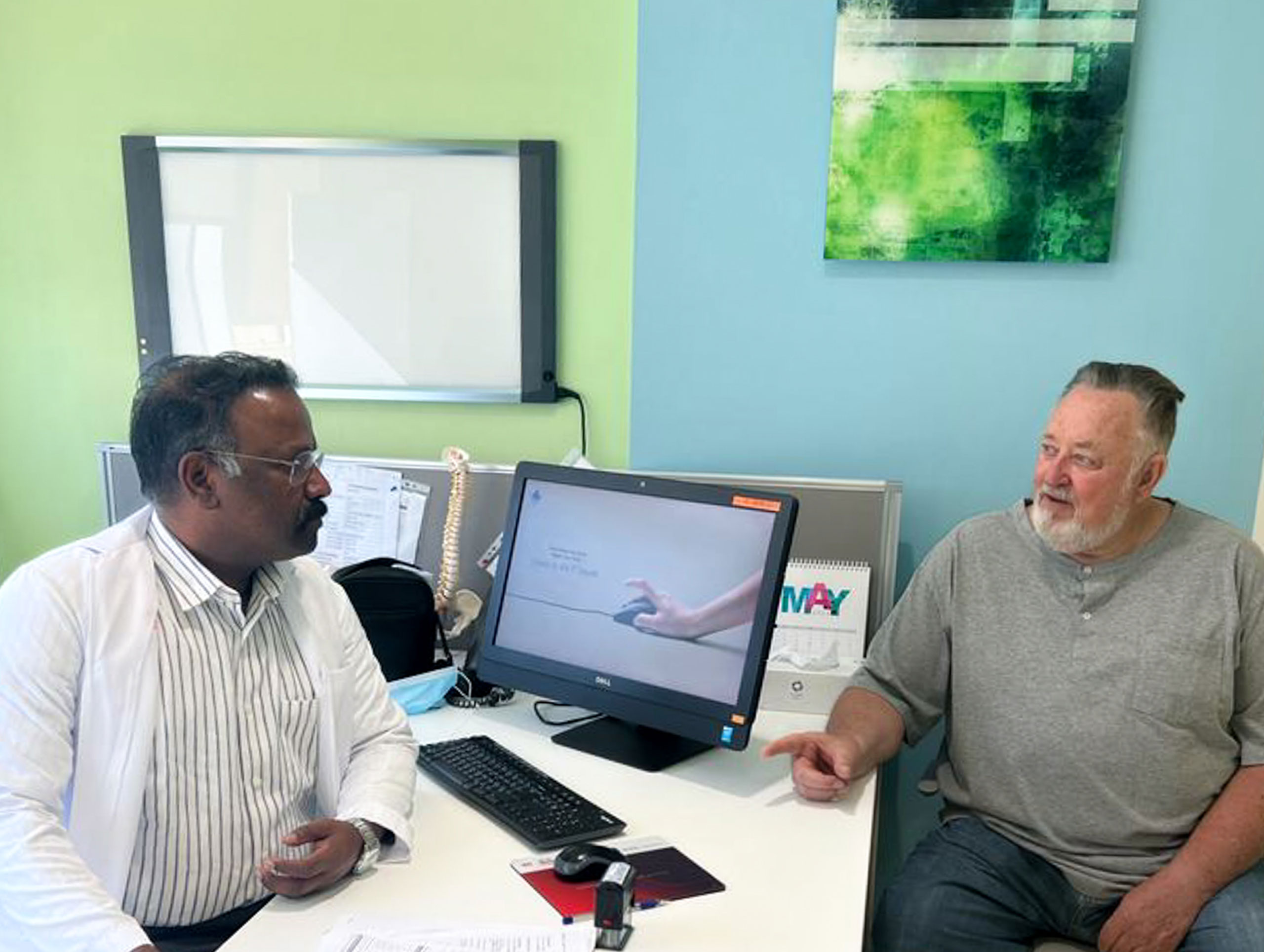Symptoms, Causes, and Long-Lasting Relief
Dry eyes are a common condition in which the eyes do not produce enough tears to keep them adequately lubricated and moist. This can result in red, irritated eyes and, if left untreated, may even lead to vision loss. Understanding the symptoms, causes, and treatment options for dry eyes is crucial for maintaining eye health.
What Are Dry Eyes?
Dry eyes occur when the eyes fail to produce enough tears or when the tears evaporate too quickly. Tears are essential for eye lubrication and comfort. Without adequate tears, the eyes can become red, irritated, and, in severe cases, vision can be compromised.
What Causes Dry Eyes?
Several underlying causes can lead to dry eyes. The most common cause is decreased tear production, often due to a deficiency in one or more tear components: mucus, water, and oil. A frequent cause of decreased tear production is Meibomian Gland Dysfunction (MGD), where the glands do not produce enough oil to keep the eyes moist.
Environmental Conditions
Environmental factors such as wind and cold weather can exacerbate dry eyes. Prolonged use of digital devices like mobile phones, tablets, and computers also contributes to this condition, causing significant discomfort. Exposure to air conditioning or heating systems can also dry out the eyes by reducing humidity levels in the environment.
Health Conditions
Certain health conditions, such as diabetes and autoimmune disorders like Sjogren’s syndrome, can reduce tear production. Sjogren’s syndrome involves the immune system attacking the tear glands, leading to chronic dryness. Other autoimmune conditions, such as rheumatoid arthritis and lupus, can also impact tear production and cause dry eyes.
Additional Factors
- Age: Tear production slows down with age, making dry eyes more common in older adults. The aging process can affect the glands that produce tears, leading to decreased tear production.
- Contact Lenses: Wearing contact lenses can irritate and damage the eye’s surface, leading to dryness. Long-term use of contact lenses can reduce the amount of oxygen that reaches the cornea, exacerbating dryness.
- Medications: Some medications, including antihistamines, decongestants, blood pressure medications, and antidepressants, can cause dry eyes as a side effect. Allergy eye drops and steroid ointments can also contribute to dryness.
Symptoms, Causes, and Long-Lasting Relief
Dry eyes are a common condition in which the eyes do not produce enough tears to keep them adequately lubricated and moist. This can result in red, irritated eyes and, if left untreated, may even lead to vision loss. Understanding the symptoms, causes, and treatment options for dry eyes is crucial for maintaining eye health.
What Are Dry Eyes?
Dry eyes occur when the eyes fail to produce enough tears or when the tears evaporate too quickly. Tears are essential for eye lubrication and comfort. Without adequate tears, the eyes can become red, irritated, and, in severe cases, vision can be compromised.
What Causes Dry Eyes?
Several underlying causes can lead to dry eyes. The most common cause is decreased tear production, often due to a deficiency in one or more tear components: mucus, water, and oil. A frequent cause of decreased tear production is Meibomian Gland Dysfunction (MGD), where the glands do not produce enough oil to keep the eyes moist.
Environmental Conditions
Environmental factors such as wind and cold weather can exacerbate dry eyes. Prolonged use of digital devices like mobile phones, tablets, and computers also contributes to this condition, causing significant discomfort. Exposure to air conditioning or heating systems can also dry out the eyes by reducing humidity levels in the environment.
Health Conditions
Certain health conditions, such as diabetes and autoimmune disorders like Sjogren’s syndrome, can reduce tear production. Sjogren’s syndrome involves the immune system attacking the tear glands, leading to chronic dryness. Other autoimmune conditions, such as rheumatoid arthritis and lupus, can also impact tear production and cause dry eyes.
Additional Factors
- Age: Tear production slows down with age, making dry eyes more common in older adults. The aging process can affect the glands that produce tears, leading to decreased tear production.
- Contact Lenses: Wearing contact lenses can irritate and damage the eye’s surface, leading to dryness. Long-term use of contact lenses can reduce the amount of oxygen that reaches the cornea, exacerbating dryness.
- Medications: Some medications, including antihistamines, decongestants, blood pressure medications, and antidepressants, can cause dry eyes as a side effect. Allergy eye drops and steroid ointments can also contribute to dryness.
What Are the Symptoms?
The symptoms of dry eyes can vary but typically include:
- Eye discomfort
- Eye irritation or pain
- A gritty feeling in the eyes
- Difficulty focusing on near objects
- Burning sensation in the eyes
- An itchy or scratchy feeling
- A foreign body sensation (feeling like something is in the eye)
- Sensitivity to light
- Blurred vision or eye fatigue
- Excessive tearing (as a response to irritation)
How Is It Diagnosed?
Dry eye is diagnosed through a comprehensive eye exam. The ophthalmologist will review your medical history and perform a thorough eye examination. Common diagnostic tests include:
- Visual Acuity Test: Measures how well you can see at different distances.
- Punctate Corneal Staining: Uses special dyes to highlight damage to the surface of the eye, indicating dryness or infection.
- Schirmer Test: Measures tear production by assessing how much liquid is produced when you blink. Small strips of filter paper are placed under the lower eyelids to measure tear output.
- Tear Film Break-Up Time (TBUT): Measures how long it takes for the tear film to break up, indicating tear film stability. A dye is applied to the tears, and the time it takes for dry spots to appear on the cornea is measured.
What Is the Treatment for Dry Eyes?
Treating dry eyes involves addressing all potential causes. Start by ensuring your eyelids are clean, avoiding allergens, and limiting screen time. If symptoms persist, consider using artificial tears or prescription eye drops that contain lubricating agents. Other treatment options include:
- Warm Compresses: Applying a warm compress to the eyes can help unclog the meibomian glands and improve oil production.
- Lid Hygiene: Cleaning the eyelids with a gentle cleanser can help reduce inflammation and bacterial buildup that can contribute to dry eyes.
- Omega-3 Supplements: Consuming omega-3 fatty acids, found in fish oil and flaxseed oil, can improve the quality of tears and reduce inflammation.
- Punctal Plugs: These small devices are inserted into the tear ducts to prevent tears from draining away too quickly, keeping the eyes moist for a longer period.
- Prescription Medications: Anti-inflammatory medications, such as cyclosporine or lifitegrast, can be prescribed to reduce inflammation and increase tear production.
For persistent dry eyes, consult with a specialist ophthalmologist like Dr. Anjana Karunakaran or Dr. Ayesha Farheen Shaikh at Medeor Hospital Dubai, who can provide advanced treatments tailored to your needs.
How to Prevent Dry Eyes
Preventing dry eyes involves maintaining a clean and healthy eye area. Regularly wash your face with gentle, non-irritating soap and rinse with water. To keep your eyes hydrated:
- Drink plenty of water throughout the day to stay hydrated.
- Avoid smoking and limit alcohol consumption, as both can contribute to dehydration and dry eyes.
- Limit the duration of contact lens wear and ensure proper cleaning and handling of lenses.
- Use a humidifier in your home or office to maintain adequate humidity levels.
- Take frequent breaks from screen time to reduce eye strain and dryness. Follow the 20-20-20 rule: every 20 minutes, look at something 20 feet away for at least 20 seconds.
- Wear sunglasses to protect your eyes from wind and UV rays, which can exacerbate dryness.
If you experience dry eye symptoms, such as burning, itching, or redness, consult with an eye doctor promptly. Regular check-ups with an experienced ophthalmologist can help manage and treat dry eyes effectively.
Understanding the Risks and Managing Dry Eyes
Dry eyes can be temporary or chronic, and untreated chronic dry eye can lead to complications like double vision or infections. Relief is available through home remedies, over-the-counter (OTC), or prescription eye drops. It is also essential to understand the underlying causes to prevent or manage them effectively.
Common Causes of Chronic Dry Eye
- Aging: Tear production declines with age, especially after 50.
- Medications: Certain medications reduce mucus production, contributing to dry eyes.
- Computer Use: Staring at a computer screen can reduce blinking, leading to quicker tear evaporation.
- Laser Surgery: Temporary dry eye can occur after laser vision correction surgery.
- Menopause: Hormonal changes can reduce tear production.
- Vitamin A Deficiency: A lack of vitamin A in the diet can lead to dry eyes.
- Wind Exposure: High winds can cause tears to evaporate too quickly.
- Sjögren’s Syndrome: An autoimmune disorder affecting tear production.
- Other Autoimmune Conditions: Conditions like arthritis, lupus, and diabetes can affect tear production.
- Blepharitis: Inflammation of oil glands on the eyelid.
- Allergies: Allergies can cause eye dryness and irritation.
- Mild Dehydration: Not drinking enough fluids can lead to dry eyes.
- Low Humidity: Dry air can cause tears to evaporate quickly.
- Smoke: Smoking or exposure to smoke can dry out the eyes.
- Contact Lenses: Long-term use can obstruct oxygen to the cornea.
Tips for Relief
Avoid smoking, dry environments, and direct air exposure. Use eye drops, humidifiers, and take breaks from screens. If certain medications cause dryness, consult your doctor about alternatives. In some cases, doctors may suggest temporary or permanent procedures like placing plugs in tear ducts to help retain moisture.
When to See a Doctor
If you experience persistent dryness, redness, or pain, consult with an eye doctor. Specialists like Dr. Anjana Karunakaran and Dr. Ayesha Farheen Shaikh at Medeor Hospital Dubai can help diagnose and treat chronic dry eye, preventing complications such as infections or inflammation.
Takeaway
Understanding the causes of dry eye is the first step toward effective treatment. With the right care, lifestyle adjustments, and medical support, you can manage dry eye symptoms and reduce the risk of complications.
By consulting with experienced ophthalmologists, you can ensure that your eyes stay healthy and comfortable.






































